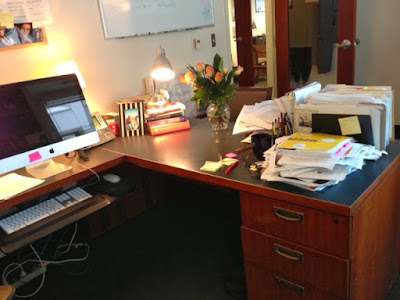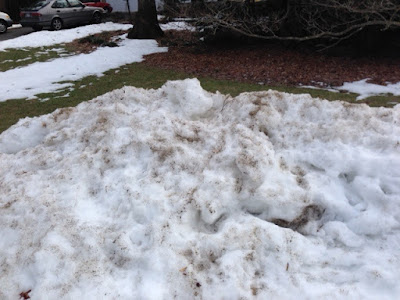Good Walking
The day began early, but the only walking I’ve done is what was needed to take me to and from Metro. Which got me thinking about the difference between walking and good walking.
Walking is like writing. Both are humble and utilitarian occupations, something most people do all the time.
But like good writing — in which words are strung together in a way to arouse sympathy or disgust, beauty or ugliness — good walking elevates the pedestrian. It is more than just a way to move from one place to another. It is a conscious and reflective exercise.
Good walking wears out the body and fills up the soul. It turns otherwise dreary and muddled days into clear and purposeful ones.
Good walking — I hope to do some at lunchtime.



